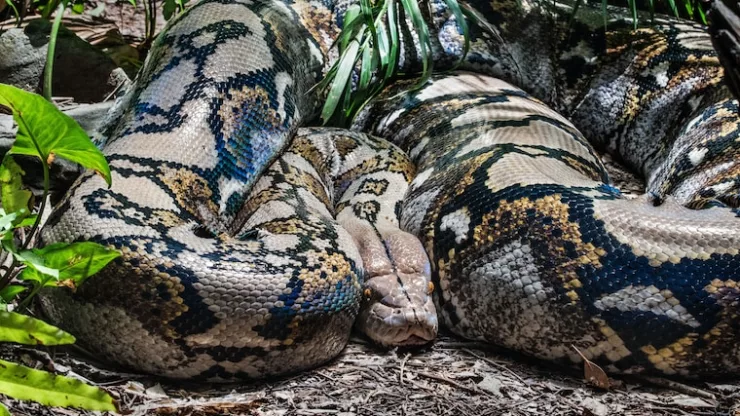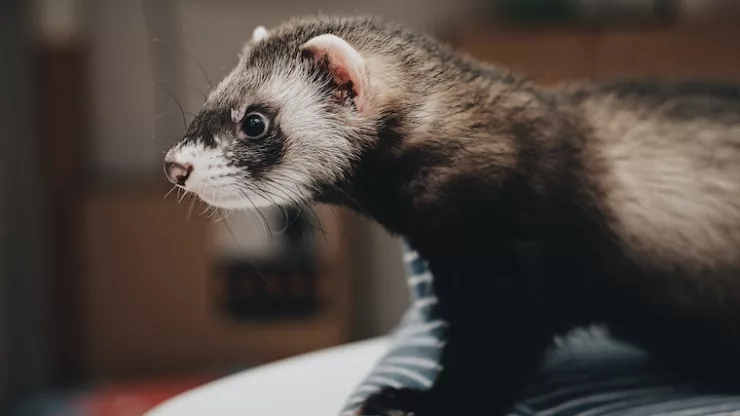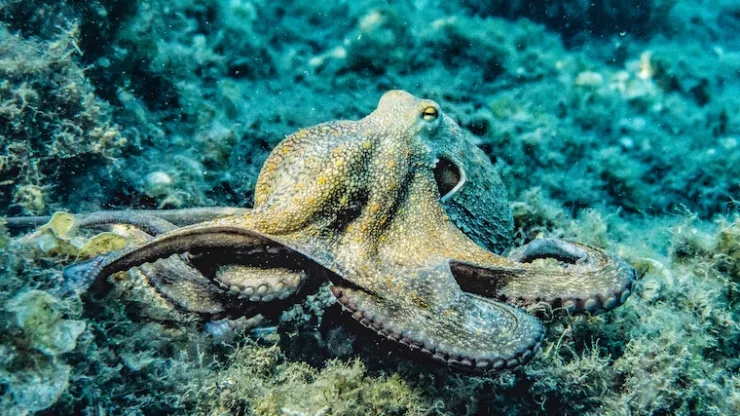Pythons are fascinating creatures that are known for their size, strength, and intelligence. These snakes can grow to be massive, with some species reaching lengths of over 20 feet.
They are also known for their incredible hunting skills and their ability to adapt to different environments. Here are some interesting facts about pythons:
- Pythons are non-venomous snakes, which means they kill their prey by constriction.
- There are over 30 species of pythons, and they can be found in Africa, Asia, and Australia.
- The reticulated python is the longest snake in the world, reaching lengths of up to 30 feet.
- Pythons are cold-blooded, which means they rely on external sources of heat to regulate their body temperature.
- Pythons are excellent swimmers and can stay underwater for up to 30 minutes.
- Pythons are carnivores and eat a variety of animals, including rodents, birds, and even other snakes.
- Female pythons can lay up to 100 eggs at a time.
- Pythons can go for months without eating, especially during the winter months when prey is scarce.
- Pythons have heat-sensing pits on their faces that help them locate prey in the dark.
- Pythons have excellent eyesight and can see in color.
- Pythons have flexible jaws that allow them to swallow prey much larger than their own size.
- Pythons are not aggressive towards humans and will usually only attack if they feel threatened.
- Pythons are popular as pets, but they require special care and can be dangerous if not handled properly.
- Pythons have been used in traditional medicine for centuries, and their skin is used to make leather goods.
- Pythons are important predators in their ecosystems and help to control the populations of smaller animals.
- The Burmese python is one of the largest species of python and can grow up to 23 feet long.
- Pythons are known for their ability to camouflage themselves in their surroundings, making them difficult to spot.
- Pythons are solitary animals and do not usually interact with other snakes, except during mating season.
- Pythons are capable of regenerating lost teeth, which is a useful adaptation for a predator.
- Pythons have a unique triangular head shape that helps them swallow prey whole.
- Pythons shed their skin several times a year to allow for growth and healing.
- Pythons play an important role in many cultures and religions, and are often associated with wisdom, strength, and power.
FAQ
1. Are pythons dangerous to humans?
Pythons are not aggressive towards humans and will usually only attack if they feel threatened.
However, it is important to treat them with respect and caution, as their size and strength can pose a danger if not handled properly.
2. Can pythons be kept as pets?
Pythons can be kept as pets, but they require special care and can be dangerous if not handled properly.
It is important to research their needs and behaviors before deciding to keep one as a pet.
3. How long do pythons live?
Pythons can live for several decades in captivity with proper care, and some species can live up to 30 years or more in the wild.
4. What is the largest species of python?
The reticulated python is the largest species of python, reaching lengths of up to 30 feet.
5. What do pythons eat?
Pythons are carnivores and eat a variety of animals, including rodents, birds, and even other snakes.
6. How do pythons reproduce?
Female pythons can lay up to 100 eggs at a time, which are incubated for several months before hatching.
Males will compete for the chance to mate with a female, and may engage in combat with other males to secure their position.

I am a fun fact enthusiast and creator of Facts On Tap.
I love to share my knowledge and curiosity with readers and inspire them to learn something new every day.
When I’m not writing, I enjoy traveling, reading, and playing trivia games with my friends.





